Coca Tea
What is Coca Tea?
Coca tea, commonly referred to as mate de coca or coca de Java, is an herbal infusion brewed using the fresh green leaves as well as tea bags containing processed leaves of coca plant found in South America. The beverage, with a greenish-yellow hue and a slightly bitter taste like that of green tea, is commonly taken by the people in Andean countries, including Peru, Bolivia, Argentina, and Columbia.
History
Archeological evidence including mummies with traces of coca leaves, fragments of pottery representing a coca chewer, and gold depictions of coca in Incan gardens indicate that chewing of coca was common during the Moche and the Inca Period. Even though coca was brought to Europe during the 16th century, its use became widespread after people came to know about its stimulating effects in the 19th century. Coca tea has been traditionally used by the people traveling to the Andes as an effective drink against altitude sickness, as well as in overcoming thirst, hunger, and fatigue.
Coca tea legality
The coca leaves have alkaloids that are extracted chemically to manufacture the recreational drug cocaine. Even though the amount of alkaloid in a coca leaf is small, its possession outside some of the South American countries is illegal. Coca tea is legal in Peru, Bolivia, Ecuador, Columba, and Argentina, while the decocainized coca tea is legal in the US. However, there are several registered US importers including the Stepan Company that manufactures a cocaine-free coca leaf extract used as a flavoring agent in Coca-Cola.
Coca tea benefits
Relieves digestive problems
The alkaloid content in coca tea makes it a potent remedy for digestive problems. Its consumption improves the digestive processes and helps in alleviating pain associated with indigestion.
Helps combat altitude sickness
Owing to the presence of B vitamins and alkaloids, the intake of coca tea helps improve blood circulation and increases absorption of oxygen. Therefore, it is beneficial for reducing the symptoms of altitude sickness such as diarrhea, vomiting, headache, and loss of appetite. Moreover, it aids in enhancing physical activity at high altitudes.
For constipation
It works as a laxative, helping the intestine function optimally, loosening stools, and improving bowel movements. Hence, its consumption aids in treating or preventing constipation.
Good for adhd
Scientific studies have shown that coca leaves have a slightly stimulating effect (not as highly addicting as cocaine though), which helps in improving attention, motivation, and memory. Its regular intake boosts energy as well as helps those with ADHD to focus on their tasks and control their activity.
Promotes weight loss
According to some herbalists, most of the alkaloids in coca including benzoylecgonine, ecgonine, methylecgonine cinnamate, hydroxytropacocaine, truxilline, hygrine, and cuscohygrine assist in breaking down fatty acids, boosting metabolism, and increasing the ability to burn fat. Drinking the tea also facilitates in suppressing appetite, as also reducing the daily calorie intake.
Helps treat cocaine dependence
Preliminary results from research studies have shown that chewing coca leaves is beneficial for improving cognitive health in those addicted to cocaine. As a result, having the decoction on a regular basis is useful for controlling cocaine dependence.
Source of antioxidants
The antioxidant properties of coca owing to the presence of Vitamins C, B-2, B-6, A, and E help in boosting immunity and prevent any toxic substance from causing harm to the body. Its intake also protects skin cells from damages caused by free radicals.
How to make coca tea
- Take 1-2 teaspoonful of coca leaves in a teapot
- Pour a cup of hot water over the leaves in the container
- Brew it for 4-5 minutes
- Strain the mixture
- Add some sweeteners such as sugar or honey if desired
- Stir well and serve
Is coca tea safe?
Side effects
Having a moderate amount of decocainized coca tea is considered safe, but some side effects including restlessness, migraine headaches, high blood pressure, excitement, and aneurysm may occur if consumed in excess. People with PPD (pseudocholinesterase deficiency), diabetes, heart disease, asthma, and hypertension should avoid its intake.
During Pregnancy
Its use is not recommended for expecting women since its constituent cocaine may cause defects to a fetus or lead to a miscarriage. Moreover, intake of coca during pregnancy has resulted in few occurrences of SIDS (Sudden Infant Death Syndrome).
Its consumption should also be avoided while nursing since traces of cocaine may pass into the mother’s milk, and cause poisoning in infants.
Where to buy
You can purchase tea bags as well as the powdered form of coca leaves from South American supermarkets and grocery shops. Outside South America, you can order the different varieties from reputed online stores.
Article was last reviewed on 22nd July 2021
Related Articles
Leave a Reply
2 thoughts on “Coca Tea”
Leave a comment
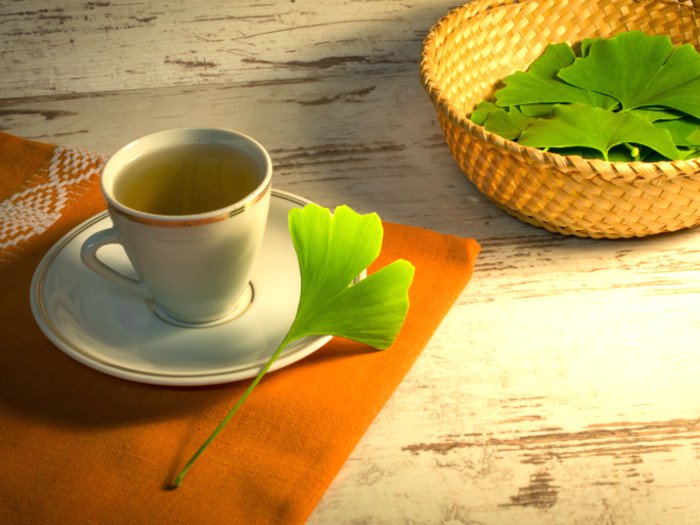
Ginkgo Biloba Tea
The Ginkgo Biloba tea is an herbal infusion obtained from the extract of the dried leaves
Read more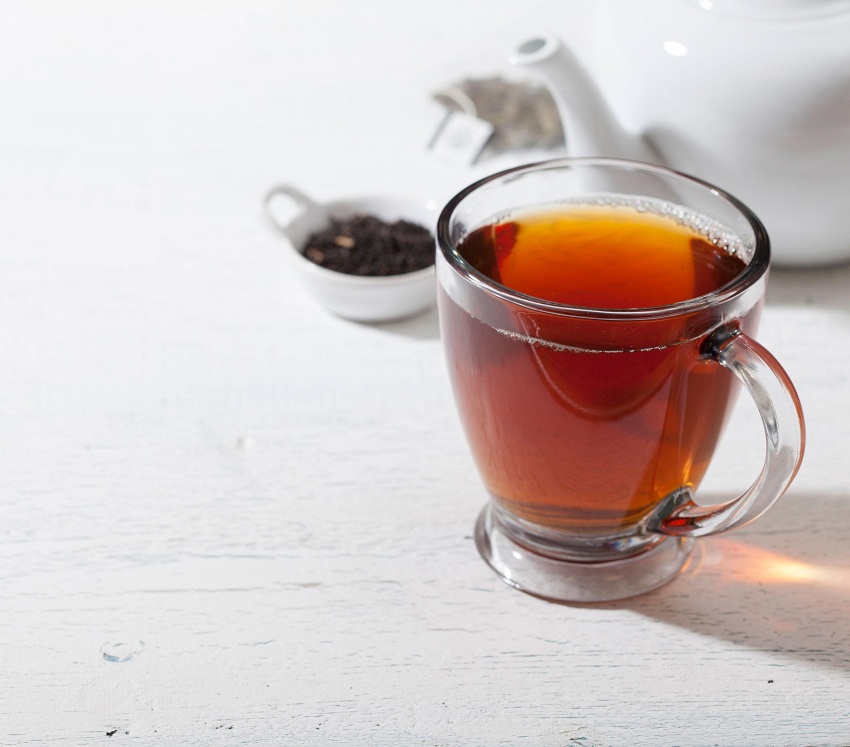
Black Tea
Black tea, belonging to the same group as the green, white and oolong teas is the most oxi
Read more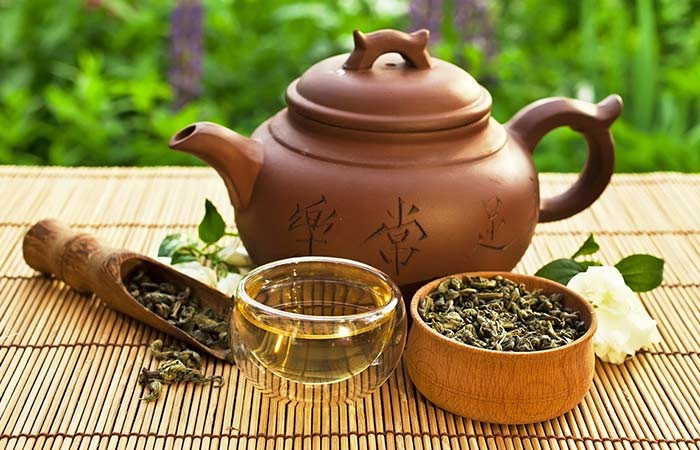
Oolong Tea
What is oolong tea Oolong, a traditional beverage of China, is prepared from the buds, st
Read more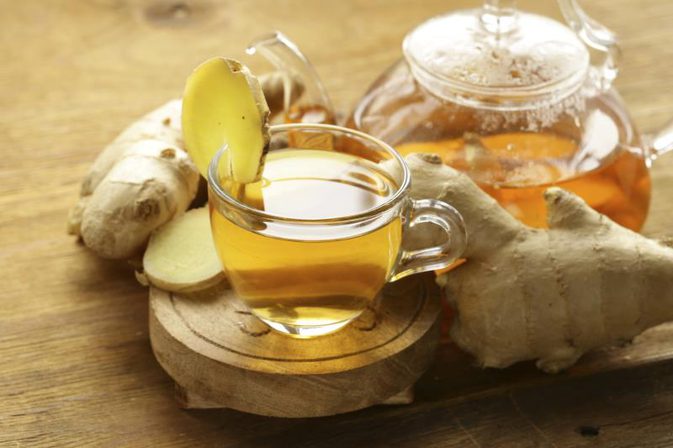
Ginger Tea
Ginger tea, prepared from the roots of ginger, is a popular herbal beverage of Asia. Becau
Read more
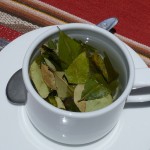

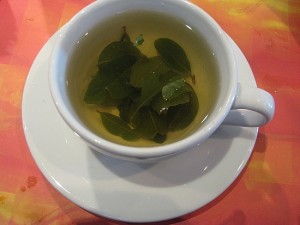
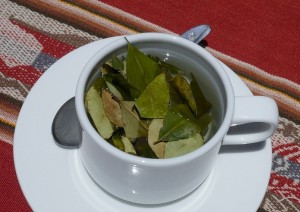
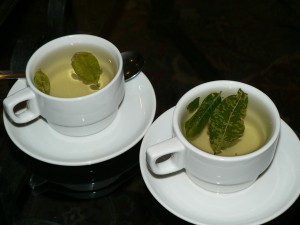
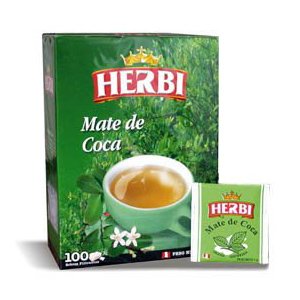
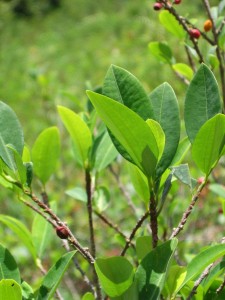
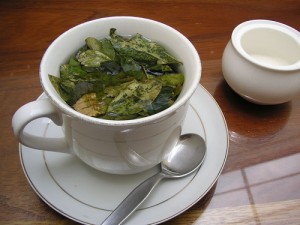
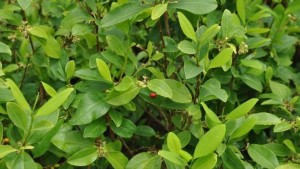
Hello – I am desperately searching for a reputable supplier of whole leaf coca tea. I was using “Mysterious” for the longest time, then they went down-hill fast. Can you please recommend a reputable company that delivers to the USA (east coast)?
Hello Do YOU sell koka leaves? Please answer